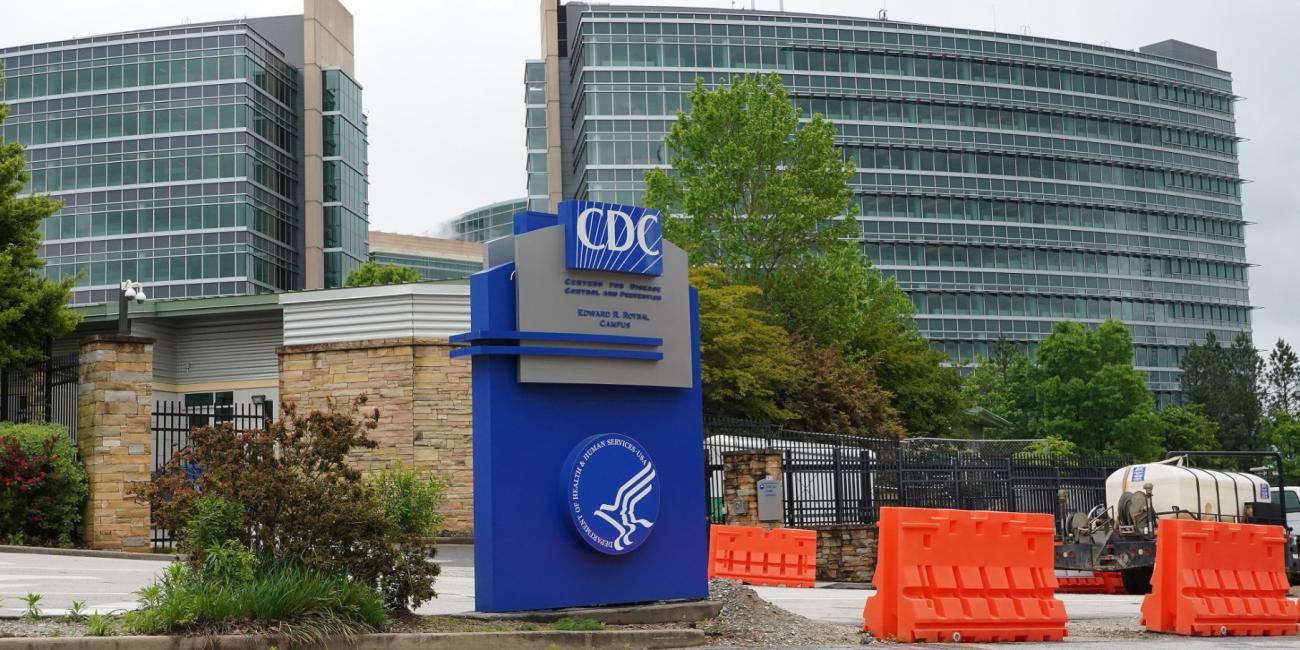
African mistrust of Western vaccines threatens coronavirus fight
- This article is more than five years old.
- Published on May 5, 2020 at 17:02
- Updated on May 7, 2020 at 11:07
- 6 min read
- By AFP Africa
False claims and anti-vaccine sentiment have swamped platforms like Facebook and WhatsApp across the region, warning Africans that characterises vaccine research as harmful or even part of a plot to kill black people.
So far the world's poorest continent has recorded more than 48,000 coronavirus cases including 1,900 deaths, according to an AFP tally as of May 5, 2020.
The toll lags behind Europe and elsewhere but the true figure may be considerably higher, given the lack of access to testing.
A weak healthcare system, a strong reliance on herbal remedies and a history of controversial drug trials have helped spread misinformation like bushfire on social media.
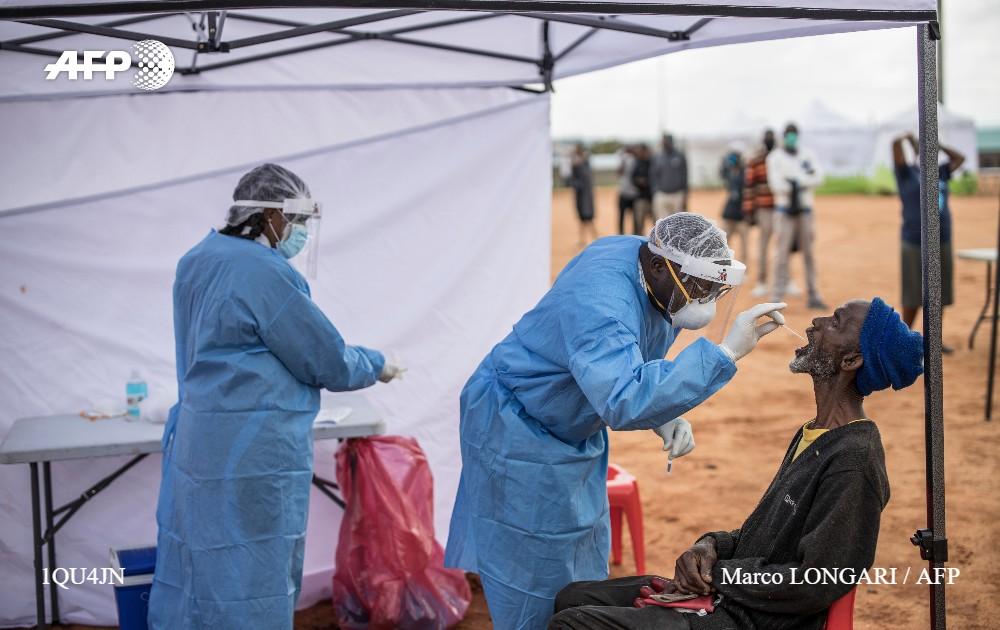
Africa has seen relatively few confirmed COVID-19 cases, but faces unique challenges in fighting to outbreak
Rumours that coronavirus vaccines could be tested in Africa have sparked panic and triggered memories of mass sterilisation conspiracies, fake HIV cures and other scandals involving Western doctors effectively using black people as guinea pigs.
“There is a long history of mistrust of vaccines in Africa,” Keymanthri Moodley, director of the Centre for Medical Ethics and Law at South Africa’s Stellenbosch University, told AFP.
This explains why comments made by two leading French researchers on a TV programme last month had an outsized impact south of the Sahara, Moodley said.
The pair caused a storm of criticism when they discussed the benefits of holding drug trials in Africa.
Jean-Paul Mira, head of intensive care at the Cochin hospital in Paris, suggested testing a vaccine in Africa “where there are no masks, no treatment, no intensive care, rather as was done with certain studies on AIDS, where things are tested on prostitutes because it’s known that they are highly exposed”.
Vaccines are routinely tested in Africa and scientists point out that testing in a particular location can often provide key insights into how a drug works there.
The pair later apologised for any offence -- but this did little to calm allegations that Africans were being manipulated or even used as guinea pigs.
‘Racist and condescending’
“It is as if we were back in the colonial era,” Kenya’s former justice minister Martha Karua told AFP. “I personally think it is racist and condescending”.
The controversy sparked a wave of misinformation and anti-vaccine sentiment online, including dozens of claims in several languages debunked by AFP Fact Check.
In Senegal, a rumour that seven children died after being given a COVID-19 vaccine was shared thousands of times in Facebook posts in English and French.
In a video showing a crowd gathered in the street near a parked police car, a female voice-over presents the footage like a news report, explaining that the children “dropped dead” after receiving the vaccine.
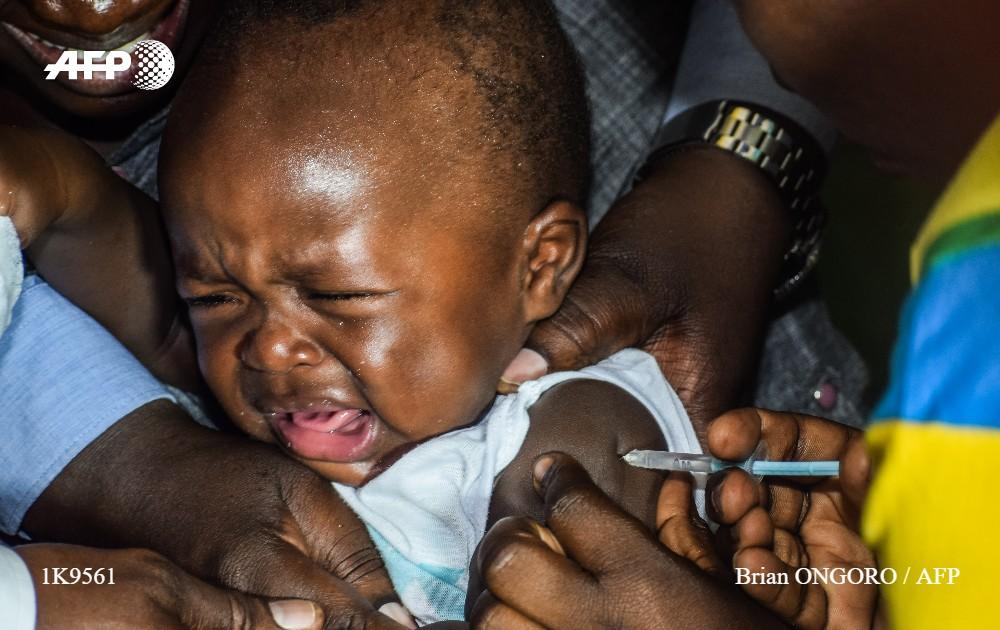
Widely-shared posts claim children died from a COVID-19 vaccine
An investigation by AFP Fact Check found that the panic in the capital Dakar was triggered when locals mistook a door-to-door cosmetics salesman for a health ministry worker. The government said that no children died from a coronavirus vaccine.
In another viral post shared around Africa, an illustration shows a black woman brandishing a machete to a white doctor holding an injection, while pictures circulating in English and French show a syringe with text reading “No vaccine test in Africa”.
‘False quote’
Elsewhere in West Africa, a Facebook post shared thousands of times warned against a “Bill Gates” vaccine, after the billionaire Microsoft founder pledged $250 million to the COVID-19 response.
The message circulating in Nigeria, Burkina Faso and Benin falsely claimed that French doctor Didier Raoult -- who promotes malaria drug chloroquine as a possible treatment -- said that the vaccine "contains poison” and that “the West wants to destroy Africa".
The World Health Organization (WHO) has flagged earning public trust as an urgent health challenge and warned of an “infodemic” -- a deluge of information, including misinformation on social media -- that is hampering the COVID-19 response.
The body says concerns that Africa could be abused as a vaccine testing ground are unfounded.
“I would really reassure people that the clinical trials currently ongoing on the continent respect international standards and follow the same protocol as other developed countries,” Richard Mihigo, Programme Area Manager for Immunisation and Vaccine Development for the World Health Organization in Africa, told AFP.
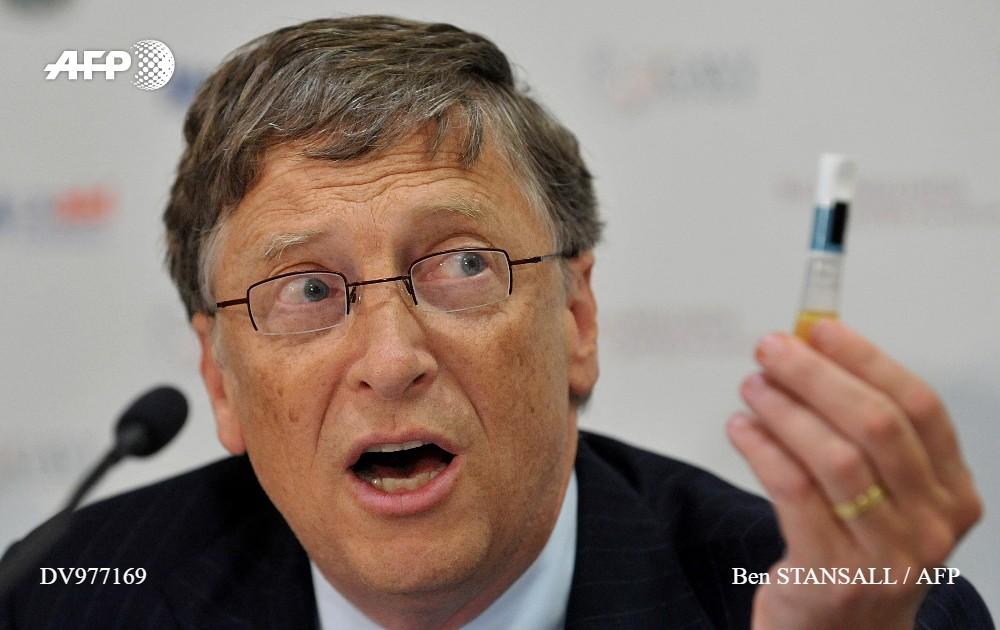
Anti-vaxx social media posts often target billionaire philanthropist Bill Gates
There are more than 100 candidate vaccines in development around the world, with eight candidates already being tested in human trials.
One such drug developed by Britain’s Oxford University was hit by misinformation last month when a widely-shared South African news article claimed that a woman taking part in trials died shortly after being given the vaccine. The volunteer, Elisa Granato, later told reporters she was “absolutely fine”.
Biological warfare
Building trust around vaccines is a difficult task, not least in a continent with a dark history of abuse at the hands of white doctors.
In South Africa, memories are still raw of the infamous “Dr Death”, who headed the apartheid regime’s biological warfare programme in the 1980s and early 1990s. Wouter Basson worked on a plan to sterilise black South Africans, involving a substance -- never developed -- which could have been dispensed through vaccinations.
In Nigeria, pharma giant Pfizer was sued after 11 children died in a meningitis trial in 1996. The families’ lawyer claimed they could not have given proper consent as they did not speak English.
And around the continent, cases of fraudulent HIV cures have “fuelled strong distrust in politicians and some scientists”, Keymanthri Moodley from Stellenbosch University said.
Meanwhile, a viral post shared on Facebook and Twitter in recent weeks refers to a US government experiment that started in the 1930s and saw health workers withhold treatment from black men with syphilis to study the disease. In 40 years, 28 of the test subjects died of syphilis and another 100 died of complications.
"US government offers free healthcare to southern rural blacks. Intentionally injects them with syphilis. Still want a corona vaccine?" the post reads, next to a photograph of black men in flat caps and dungarees waiting to be seen by white health workers.
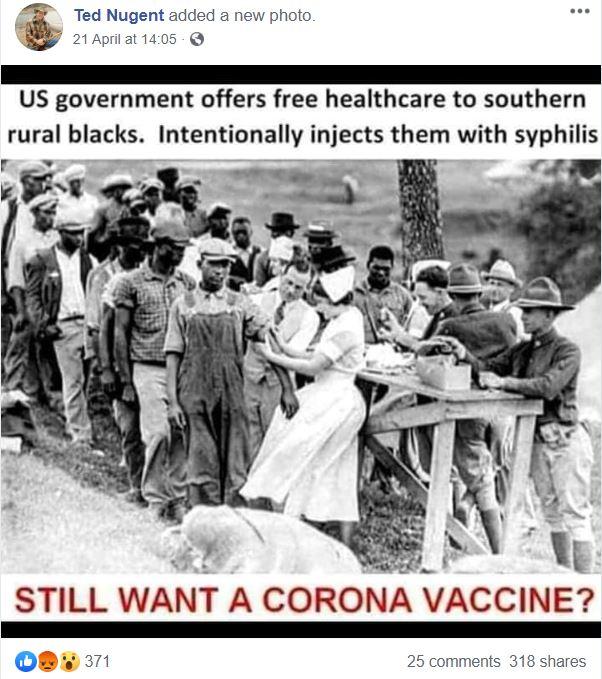
Screenshot of a post warning against vaccines, taken on May 5, 2020
“Rather than dismissing these as ‘false rumours’ or ‘erroneous beliefs’, these concerns should be heard and recognised,” Sara Cooper, senior scientist at the South African Medical Research Council told AFP.
She said ethical research led by African scientists rather than by “top-down” foreign programmes could “go a long way in rebuilding community trust and reducing resistance”.
Herbal cures
While anti-vaccine sentiment is thriving globally, including in Britain and the United States, some African countries have seen an explosion of online promotion of COVID-19 herbal cures that scientists warn are baseless.
Eating onions and garlic, sipping lemon water and even drinking urine are some of dozens of natural remedies being touted as virus fixes in Africa.
In Madagascar, President Andry Rajoelina last month unveiled a herbal tea remedy prepared with artemisia, a plant with proven efficacy in malaria treatment. Soldiers have been going door to door to hand out the drink in the capital Antananarivo, while a growing number of West African countries have taken deliveries.
“This herbal tea gives results in seven days,” he said as he sipped a dose at the official launch.
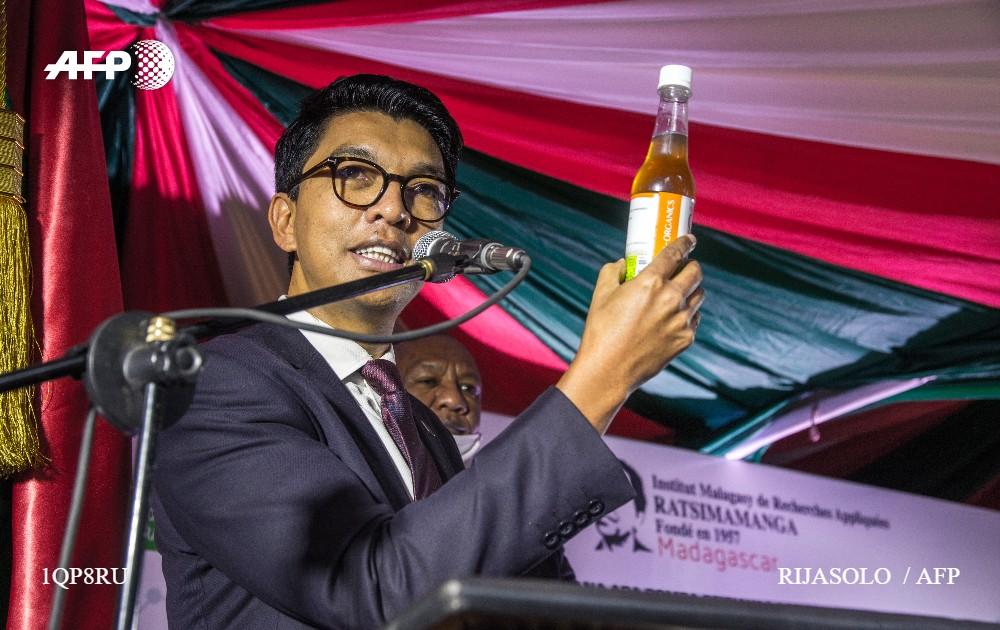
Madagascar's President Andry Rajoelina recommends a herbal tonic for COVID-19
Such claims fly in the face of warnings from international scientists who say there is currently no known cure for the new coronavirus and urge rigorous testing to prove the effectiveness and safety of the proposed traditional cures.
Despite the problems of perception, the WHO's Mihigo was optimistic that when a coronavirus vaccine becomes available, it would be widely accepted in Africa.
“Communities know very well that when immunisation is not given, outbreaks do occur. We’ve seen that with measles,” he said. “People turn up overwhelmingly to vaccination campaigns. They know the benefits. They’ve seen people dying.”
Charlotte Mason, Mary Kulundu, Brett Horner, Mayowa Tijani, Amanuel Neguede, and Anne-Sophie Faivre Le Cadre contributed to this report.
Copyright © AFP 2017-2026. Any commercial use of this content requires a subscription. Click here to find out more.
Is there content that you would like AFP to fact-check? Get in touch.
Contact us



